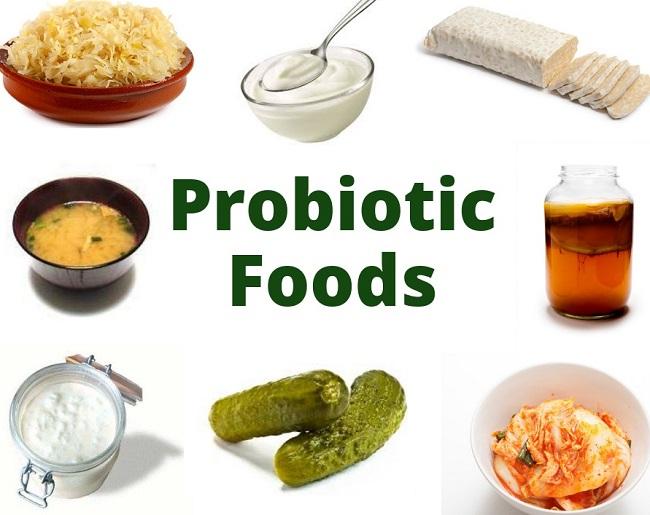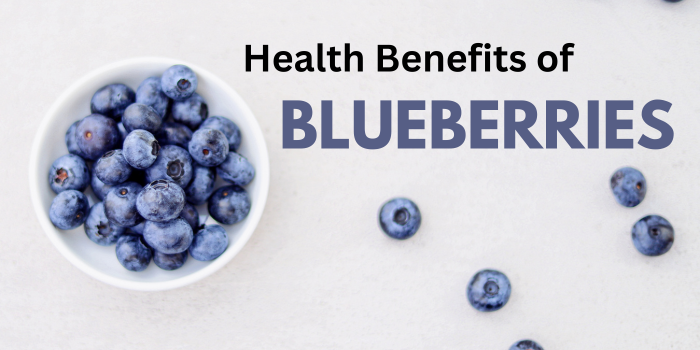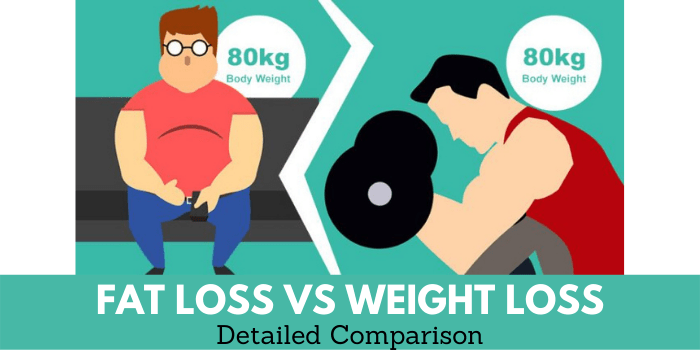What Foods Have a Lot of Probiotics?
Last Updated on – June 26, 2025 by Robert Dowling
What Foods Have a Lot of Probiotics? Apart from that, probiotics are known to have the quality of maintaining the connection between the gut-brain connectivity. Apart from that, it has helped in improving the gut-barrier permeability factor.
So today we will be looking at those dietary sources that answer the question about what foods have a lot of probiotics. What do probiotics do for our human health? And how long does it take for a probiotic to activate our enteric nervous system.
What Foods Have a Lot of Probiotics?

Probiotic foods are fermented foods with live bacterial cultures that are essential for our gut health and gut-brain connection. Here we are going to discuss some important sources of probiotics with their nutritional labels that include them in the list of beneficial probiotics.
The list of dietary sources of probiotics
We have seen in our articles that probiotics are live cultures that help to strengthen our digestive tract and boost our immunity power.
Therefore, to have this high-quality supplement in our food that gives us relief from stomach acidity and resists the growth of pathogens,
There must be some food sources that can help in increasing the percentage of good bacteria and are the direct source of probiotics.
Here are some dietary sources that help to grow the probiotics inside our bodies:
Top 7 Superfoods Are Rich Sources of Probiotics
Yogurt: The nutritional fact about yogurt is that it is made from fermented milk products and helps in promoting gut bacteria.
The prominent bacteria, like bifidobacteria, are used for making yogurt. Yogurt is one of the popular types of probiotics that is beneficial for our bone health.
It helps in treating diarrhea in children, and one must include yogurt with live culture.
Nutritional Facts
59 grams of calories
10 gram protein
5% vitamin B6
Calcium: 11%
Kefir
Kefir grains are added in cow or goat’s milk to make it fermented; it has a slightly tangy and acidic flavor; the kefir grains are the combination of lactic acid bacteria and yeast and looks like a cauliflower.
The benefits of using kefir as your daily probiotic are that it controls your blood sugar level and provides protection against diabetes, it also helps in curbing cholesterol; and it helps in improving your digestive health.
Nutritional facts
- 1 cup serving has 110 calories.
- Protein: 9g
- 8% vitamin A
- Calcium: 30%
Tempeh
It is a kind of fermented soy probiotic that has a rich amount of protein. It promotes the plant-based approach rather than using animal-based or dairy-based products.
Soybeans are pressed and then fermented together to make tempeh. It comes in packaged form that can be sliced, crumpled, and chopped as per your desire to eat.
Nutritional Facts
- Calories: 319
- 18 g of fat
- Carbohydrates: 13 grams.
- 34 gram protein
- 0 gram sugar
Sauerkraut
The word sauerkraut is made from “sour cabbage”. It is a German name used for a fermented cabbage with a tangy taste. Sauerkraut is prepared by a cabbage that is sliced and sprinkled with salt.
The sour cabbage has microbes that digest its natural sugar and the byproducts that are formed are carbon dioxide and organic acids. The fermentation condition of sauerkraut promotes the beneficial bacterial growth.
Nutritional Facts
- Calories: 54.6
- 3.5 grams of fat
- 5.8 grams of carbohydrates
- 3.9 grams of fiber
- 2.4 gram sugar
Kimchi
Kimchi is a Korean staple food that is made from fermented vegetables mixed with lots of kimchi varieties like using cucumbers, onions, radish, cabbage, carrots.
It is served as a side dish in Korea and is a rich source of probiotics with a smaller number of calories and low carbohydrate value. Some use Napa-cabbage kimchi that differs from other kinds of kimchi like it has Vitamin K and C as well as iron and calcium.
Nutritional Facts
- Calories: 20
- Fat: 0 g
- 4 g carbohydrate
- Sugar: 2 g
- 1 gram fiber
- 1 gram protein
- 18 gram vitamin C
Kombucha
Kombucha is a fermented black tea or green tea with a sweetened flavor. It is commonly known for its probiotics that include juices, spices, and some fruit flavors.
It has a frizzy and sour taste and it prevents lots of health problems like a potent source of probiotics, has anti-bacterial properties, contains lots of essential antioxidants, and has the ability to reduce heart diseases and type 2 diabetes.
Nutritional Facts
- Calories: 29
- Fat: 0 g
- Carbohydrates: 8 grams.
- 0 gram fiber.
- 0 gram protein
Buttermilk
Buttermilk is a dairy-based fermented probiotic food that has been used traditionally in many households; now it comes with a bacterial live culture to enhance its nutritional value.
This product is used in many food items like biscuits, muffins, and pancakes. It mostly contains milk protein, milk casein, sugar lactose, etc. The ample amount of lactic acid increases the acidity level of buttermilk and resists unwanted bacterial growth, making it taste sour.
Nutritional Facts
- Calories: 40
- Fat: 0.9 g
- 4 mg cholesterol
- 4.8 g carbohydrate
- 3.3 grams protein
- 11% calcium
- 1% vitamin C
Miso
A traditional Japanese seasoning that is made with fermented soybeans and various ingredients like rice, seaweed, barley, etc. added with salt and koji.
These items are the fermenting agents that are added along with the fermented soy beans.
It is used as a Japanese appetizer that is added as a paste and comes in the form of miso soup. It is available in three types that are given as below:
- White Miso
- Red Miso
- Mixed Miso
It is a large source of probiotics and it can be stored for a year! It promotes a healthier gut and also gives relief from your mood swings and depression.
Nutritional Facts
- 33.7 gram of calories
- 1 gram of fat
- 0.9 gram fiber
- 1.1 gram of sugar
Do probiotics detox your body?
Yes, we can say that probiotics detox our body as the consumption of probiotics increases the number of good bacteria and helps to absorb the nutrients inside our system. That not only cleans our gut but also eliminates the toxins from our body.
Takeaway
Multistrain supplements that are useful and beneficial for our better gut health and digestive tracts. Having multiple sources of natural probiotics is the most effective way to add them to one’s dietary list.
For better quality of probiotic, one can rely on two newly launched probiotics that are as effective as their names: Exipure and Biofit. If you want to read more about them, you can check our reviews of these products.
![]()






